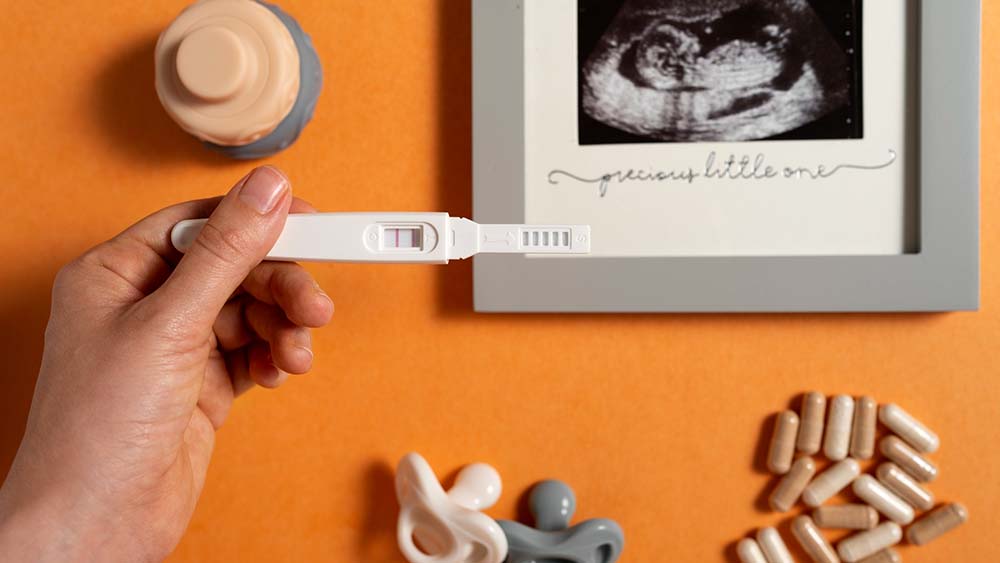The success of the IVF treatment depends on a lot of factors. But the major factors are 1. The Egg health, 2. The sperm health and 3. The uterine health to take up the embryo. The whole point of IVF, or InVitro Fertilisation is to fertilise the egg with the sperm outside of the body, or the lab. The Egg is the main player here. Hence it is very important to understand what are the factors affecting the Egg’s health and how to optimise egg health so that you receive a guaranteed fertilisation and inturn, a guaranteed pregnancy. Here is how the IVF doctors in Kolkata explain the importance of a healthy egg.
Female Egg for IVF treatment
The female egg, also known as an ovum or oocyte is a single cell which, on fertilisation, has the ability to multiply and grow into an organism. Generally during the ‘ovulation phase’ or the first 10 – 14 days of your menstrual month, one egg is released per cycle.
During IVF, targeted medicine is given orally or as injections to increase the number of eggs being released per one menstrual cycle. This is because we generally retrieve around 10 – 20 eggs to increase the chances of fertilisation and pregnancy.
The ‘quality of the eggs’ depends on
- Follicle size - The follicle size should reach at least 16 - 20 mm. An ultrasound will be done to check this and only then will the egg retrieval process start.
- Number of chromosomes - a good quality egg usually has 23 chromosomes. Any number below or above this would not be fit. This can only be determined by a series of tests run by the embryologist
- Their structure/appearance - again, the embryologist will select the ones with a clear and smooth appearance after testing
What affects the quality of egg -
- The Ovarian Reserve - corresponds to the ovarian health and how effective the ovaries are in producing eggs. This gets depleted by age, unhealthy lifestyle, previous infections or diseases. You can get an ovarian reserve test done before your IVF treatment
- Genetic conditions - sometimes there might be a genetic predisposition to the egg quality. If you have a history of women with early menopause in your family, that might be an indicator
- Hormonal imbalance - imbalances in hormones, mainly the Follicle Stimulating Hormone FSH may lead to immature eggs or less potent eggs
- Conditions such as PCOS, endometriosis, autoimmune diseases and inflammatory diseases might reduce the egg quality
Procedures where egg quality is low,
- Assisted Hatching - In this IVF technique, the egg and sperm are fused but additional help is given to the embryos to hatch and develop
- Peri-implantation genetic testing - this will be done alongside the IVF treatment to monitor and catch genetic abnormalities in the embryos.
- InVitro Maturation (IVM) - a procedure where immature eggs are collected from the fallopian tubes and their maturation process completed outside the body.
- Donor eggs from a younger, healthier donor
- Egg freezing
How to increase egg quality naturally -
- Diet maintenance - A healthy, nutritious diet filled with antioxidants, multivitamins and omega 3 fatty acids will help
- Lifestyle changes - sedentary lifestyle, smoking, alcohol and heavy caffeine consumption are a big no if you are planning for IVF
- Hormonal balance - with supplements or naturally by following a stress free lifestyle protocol
- BMI or Basal Metabolic Index - management of your metabolism and weight will streamline your whole body into a healthier phase, targeting both the physical and hormonal factors
- Adequate rest - for the proper health of not only the egg but also the mother to be and baby to be born, it is very important to rest your body. Only then will your body regulate itself.
Summing up, your IVF treatment starts way before you step into the clinic. Hence start your initial consultations now to know where you stand on the Egg health scale. Book now!


